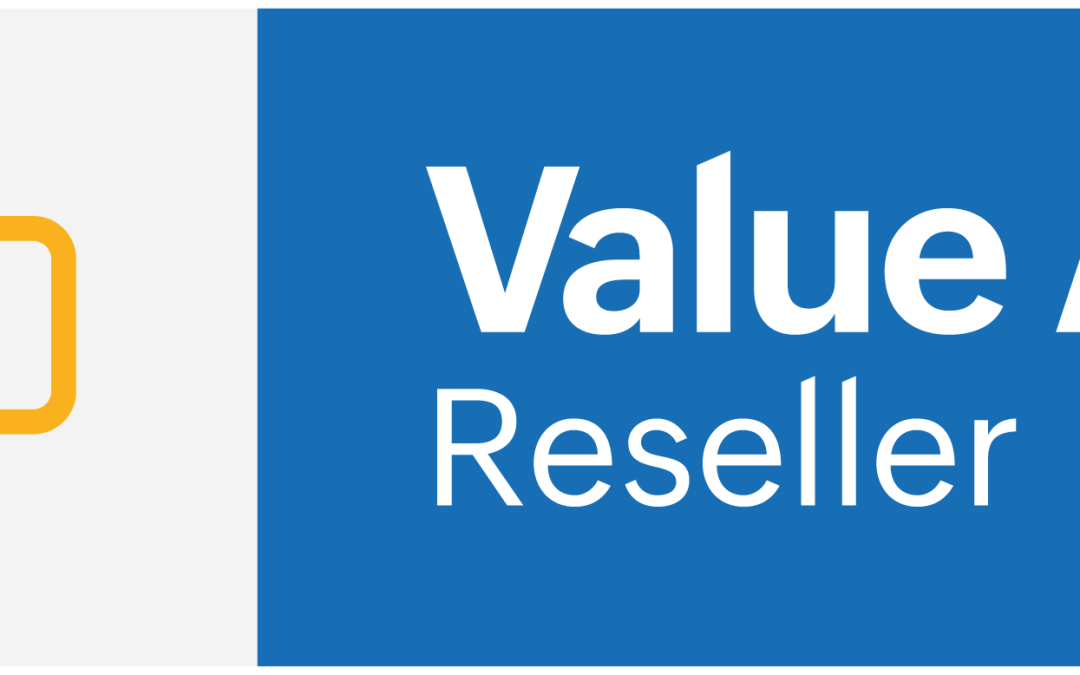por | Jul 25, 2024 | Noticias
What’s changing
To help improve remote and hybrid learning, we’re introducing Google Meet LTI™ for Canvas by Instructure and PowerSchool Schoology Learning. This builds on the existing Google Workspace Learning Interoperability Tools including Assignments LTI™ and Google Drive LTI™.
You can use Google Meet LTI™ to easily enable secure remote and hybrid learning – via video conferencing – directly within Canvas by Instructure and PowerSchool Schoology Learning. Educators can schedule video meetings with pre-configured host controls, including recordings, transcripts, and breakout rooms*. Students can view meeting recordings and artifacts from past class sessions directly within Meet. Google Meet LTI™ is also deeply integrated with your learning management system so that only educators can start the meeting and only students in the course can join.
*Support for pre-configured breakout rooms is coming soon — we’ll provide more details on the Workspace Updates blog once that becomes available.
Getting started
Admins: Visit the Help Center for an
overview of Google Workspace LTI™.End users: There is no end user setting for this feature. Visit the Help Center to learn more about
using Google Meet LTI™.
Rollout pace
Availability
Available for Google Workspace Education Fundamentals, Standard, Plus, the Teaching & Learning Upgrade
Resources
por | Jul 24, 2024 | Noticias
What’s changing
With DLP, Forms with sensitive content can be blocked from being viewed or responded to by external individuals. Based on DLP rules configured by the admin, this feature checks form content including questions, form title and description and answer options provided in the form, and prevents sensitive content from being shared externally; it does not check form responses provided by end users that are submitted to external forms.
This screenshot of a Google Form includes mentions of “Project X”. DLP rules are configured to detect and prevent sharing of Forms with responders outside the organization with any mentions of “Project X”, the sensitive content in this form.
Additional details
If you do not want DLP rules applied to users in your domain, you can exclude certain groups or organizational units from DLP checks. You can also exclude DLP rules for forms by u
sing nested condition operators in DLP for Drive rules. To do so, add a ‘AND NOT’ conditional operator with a custom detector for “vnd.google-apps.form” as a regex. In scenarios where you only want to apply DLP for forms, add a custom detector for “vnd.google-apps.form” as a regex. Visit this Help Center to learn more about
using Workspace DLP to prevent data loss. Getting started
Admins:
Data loss prevention rules scoped to Drive files defined for your domain will be applied automatically to Forms.If you are not using DLP for Google Drive, you can create DLP rules at the domain, OU, or group level in the Admin console under Security > Data protection. You can apply block, warn or audit actions, consistent with DLP for Drive. If you apply the block action, users external to the domain will not be able to view or respond to forms with sensitive content. Visit the Help Center to learn more about
turning data loss prevention in Google Forms on for your organization. End users: End users can respond to forms as usual to forms that do not violate DLP rules, but if a form violates Drive DLP rules for their domain, form editors may see warnings and form responders external to the domain may be blocked from viewing or responding to the form.
Rollout pace
Availability
Available for Google Workspace:
Enterprise Standard, Plus Enterprise Essentials Plus Education Fundamentals, Standard, Plus, the Teaching & Learning Upgrade Frontline Standard Cloud Identity Premium
Resources
por | Jul 24, 2024 | Noticias
What’s changing
Admins can
create classification labels for users to apply to files in Google Drive. These classification labels are useful for many common workplace scenarios, including records management, classification, structured finding, reporting, auditing, and more.
To improve granularity in enabling & governing labels, we are replacing and improving the existing “Labels” setting within Apps > Google Workspace > Drive & Docs and adding label-level application toggles to the
Label Manager tool.
Classification labels can be applied to a Workspace application once it’s selected during the setup process. A lock icon will be displayed in line with the application toggle when the label is referenced by a policy, such as a
DLP rule. To remove all rules that reference a specific label, go to the Data protection section of the Admin console > Security > Access and data control.
The active labels in your Workspace domain will continue to function and will be auto-enabled for Drive & Doc as a result of this update.
Getting started
Rollout pace
This feature is available now
Availability
Available for Google Workspace:
Business Standard, Plus Enterprise Standard, Plus Essentials Starter, Enterprise Essentials, Enterprise Essentials Plus Education Standard, Plus Frontline Starter, Standard
Resources
por | Jul 23, 2024 | Noticias
What’s changing
In September 2023, we introduced
ultra-low latency livestreaming and since then we’ve introduced
several improvements for the overall experience. Today, we’re excited to introduce the latest enhancement for ultra-low latency live streaming: Enterprise Content Delivery Network (eCDN) support for Google Meet.
When configured by admins, eCDN has the potential to reduce bandwidth consumption to a fraction of the traffic volume. This applies to all live streams, including those originating from
outside of your own domain. This is achieved through peer-assisted media delivery — whereby live streamed content is automatically shared between nearby peers, reducing the need to retrieve content from Google servers and minimizing bottleneck. There is no additional software, hardware, or end user action required to use eCDN — it works automatically in the background.
With eCDN turned on, live streamed content is shared between peers (as seen on the right), reducing the need to retrieve content from Google servers (as seen on the left).
Who’s impacted
Admins and end users
Why it’s important
Live streaming is a key tool for presenting information to large audiences such as town-hall meetings, weekly broadcasts or other kinds of events with large audiences. As such, video quality of live streamed content is critical. Using eCDN can significantly reduce the strain on internet gateways while delivering a high-quality viewing experience with consistently low latency. Without eCDN, each viewer is sent their own individual feed. With eCDN turned on for a private network, the backend will send media to a significantly lower number of clients in that network. Those clients will then use the eCDN technology to take over and redistribute media to ensure that all viewers in that network receive the media they need, with high quality and preserved ultra-low latency.
Getting started
End users: There is no end user action required — make sure you’re using
Chrome 121 or later on a laptop or desktop computer to ensure the highest quality ultra-low latency live streaming experience.
Rollout pace
Note: eCDN is available for those customers who have received the ultra-low latency live streaming experience. For some customers, that update is rolling out at a slower rate and they may not receive these updates for several months.
Availability
Available to Google Workspace customers
Resources

por trace-admin | Jul 23, 2024 | Newsletter
 A Trace, já estabelecida como revendedora do Google Workspace, ampliou recentemente a sua oferta ao se tornar revendedora autorizada do Zoho Workplace.
A Trace, já estabelecida como revendedora do Google Workspace, ampliou recentemente a sua oferta ao se tornar revendedora autorizada do Zoho Workplace.
Esta decisão estratégica visa diversificar as soluções de produtividade e colaboração na cloud oferecidas aos seus clientes. Com a inclusão do Zoho Workplace, a Trace pode agora atender a um público mais amplo, oferecendo uma alternativa económica que mantém a alta qualidade e as funcionalidades essenciais para o ambiente de trabalho moderno, incluindo e-mails, documentos, folhas de cálculo, chat e armazenamento na nuvem.
Ao adicionar o Zoho Workplace ao seu portefólio, a Trace está a responder à crescente procura por opções mais acessíveis sem comprometer a eficácia. O Zoho Workplace é reconhecido por ser uma solução de menor custo em comparação com o Google Workspace, tornando-se uma escolha atrativa para pequenas e médias empresas que procuram otimizar os seus custos operacionais. A Trace, com a sua experiência e expertise, está preparada para fornecer suporte técnico especializado e orientação personalizada na implementação desta plataforma, garantindo que os clientes maximizem os benefícios da ferramenta.
Esta diversificação não só fortalece a posição da Trace no mercado de tecnologia da informação, mas também aumenta a sua competitividade ao oferecer uma gama mais ampla de soluções adaptáveis às diversas necessidades dos seus clientes. Com um portefólio enriquecido, a Trace está numa posição privilegiada para atrair novos clientes e fidelizar os existentes, oferecendo soluções de colaboração e produtividade que se ajustam tanto às necessidades empresariais como às restrições orçamentais, garantindo uma experiência de utilizador eficiente e custo-efetiva.
Clique aqui para aceder a zoho.trace.pt onde poderá ver em detalhe todas as informações sobre o produto Zoho Workplace

 A Trace, já estabelecida como revendedora do Google Workspace, ampliou recentemente a sua oferta ao se tornar revendedora autorizada do Zoho Workplace.
A Trace, já estabelecida como revendedora do Google Workspace, ampliou recentemente a sua oferta ao se tornar revendedora autorizada do Zoho Workplace.